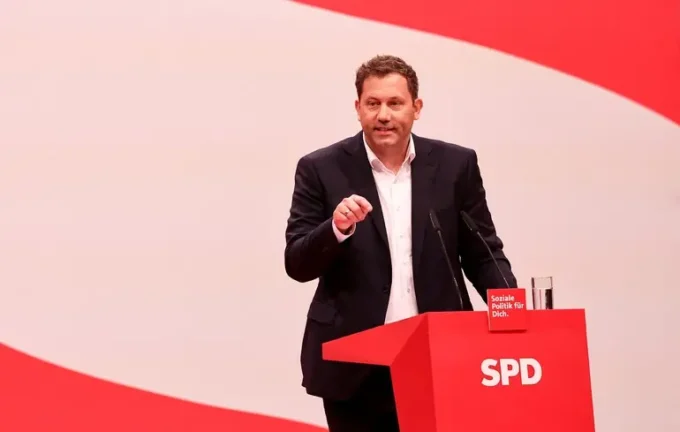Without Compass and Sails: Can Germany’s Leading Party Find a New Course in a Changing World?

Germany is currently experiencing a profound and challenging crisis of identity within one of its oldest and most influential political forces — the Social Democratic Party of Germany (SPD). Once regarded as a 'national' party representing broad social interests, the SPD finds itself at a crossroads amid internal struggles and the search for fresh strategic directions amid modern challenges. The party congress held in late June was not only a routine gathering but also an occasion to address deeper questions: what is the social democrats’ current mission, and what should be their main political course? Following disappointing electoral results in 2025, which marked the worst in the post-war history with only about 16% of the vote, party ratings have plummeted to approximately 15%. This decline has raised serious concerns among leadership and members. Internal debates focus on foreign policy, bridging the gap between wealthy regions and poorer communities, and redefining ideological values. The party’s Secretary General, Tim Klüßendorf, openly admitted that the party lacks a clear vision, further intensifying the internal crisis. The current state of the SPD reflects a deep split between traditional values and modern political realities. After decades of participation in governing coalitions, including the so-called ‘Grand Coalition’ with Chancellor Olaf Scholz, the party’s image as a defender of ordinary people’s interests is waning. Repeated compromises have stripped it of authenticity and ability to rally voters around a distinct and compelling agenda. Key debates revolve around military and defense issues, increased military spending, military reforms, and NATO commitments. Notably, the Defense Minister Boris Pistorious’ initiatives, including proposals on military conscription and modernization, have faced opposition from the party’s left wing and youth factions. This internal crisis extends into foreign policy as well. The so-called 'Manifesto for Peace,' signed by veterans from the party's left wing including figures like Rolf Mützenich and Ralph Stegnar, advocates a cautious approach to Russia, criticizes NATO, and calls for rapprochement — provoking intense criticism from party leadership. Vice-Chancellor and party co-leader Lars Klingbeil and Defense Minister Pistorious dismissed the document as ‘marginal’ and ‘detached from reality,’ deepening internal disagreements between hardline defense supporters and those favoring diplomacy. The central question facing the SPD remains: How can they rebuild voter trust? What should be their ideological focus moving forward? Should they return to their roots — representing workers and social justice? Or shift towards stronger pro-European and pro-Ukraine policies? Political analyst Wolfgang Magath emphasizes: ‘At this critical juncture, the party needs to demonstrate unity and craft a clear strategic vision — otherwise, it risks losing its identity and voter support entirely.’ Restoring internal cohesion and reaffirming core values are essential for the party to overcome current crises and regain influence in German politics.

